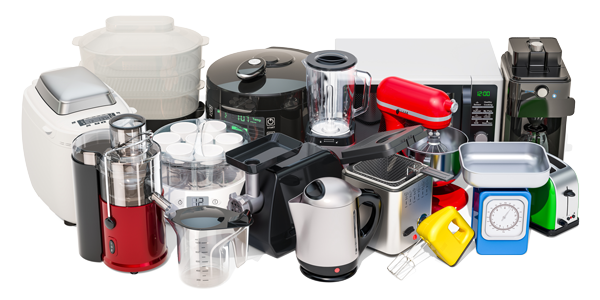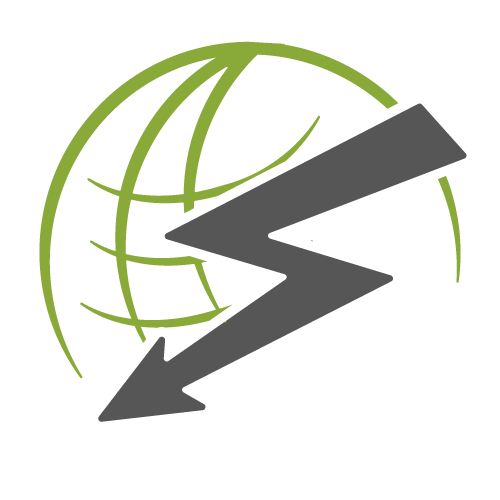WEEE: Take-back and recycling obligations for electrical and electronic equipment
There are many different recycling laws and take-back obligations for WEEE (Waste of electrical and electronic equipment) throughout the world.
The most common (and probably best known) directive is the EU WEEE directive 2002/96/EG. The intention behind it was to implement the thoughts of avoiding, reducing and sustainable recycling of these waste streams. It also serves as role model for different non-European countries who transposed parts of it into their national legislations.
In 2012 the EU WEEE directive has been revised and a new recast (WEEE2) has been put in place and has been adopted individually in almost every EU member state now. It tightens the existing liabilities of producers, (online) sellers and distributors. On 15th of August 2018 the transition period for the WEEE2 Directive ended and brought some new challenges, such as the new WEEE Open Scope and the implementation of the new WEEE categories.
The WEEE Directive has been implemented in every EU-country individually.
It means that a company which sells products European-wide has to consider up to 30 different WEEE regulations (EU 28 + Norway and Switzerland). Liabilities also differ and depend on different factors like sales structure, product category, weight and volumes of the devices GO4RECYLCING owns an in-depth knowledge of all these issues and has started to build up this special know-how several years ago. We are your efficient and flexible partner for all compliance related tasks worldwide.
Just give us a call or write an email – we will be happy to answer all your questions. Feel free to contact us anytime.


